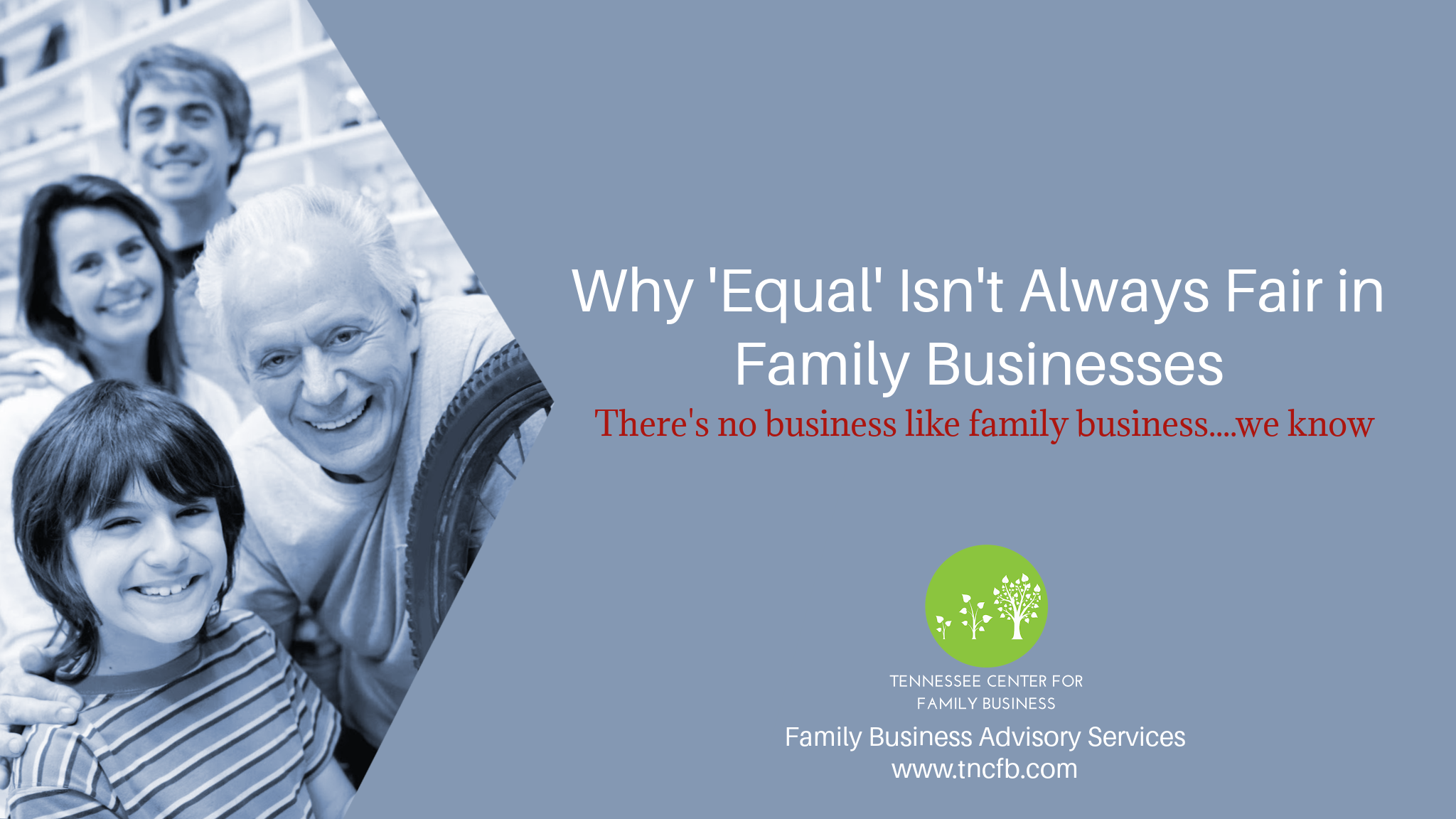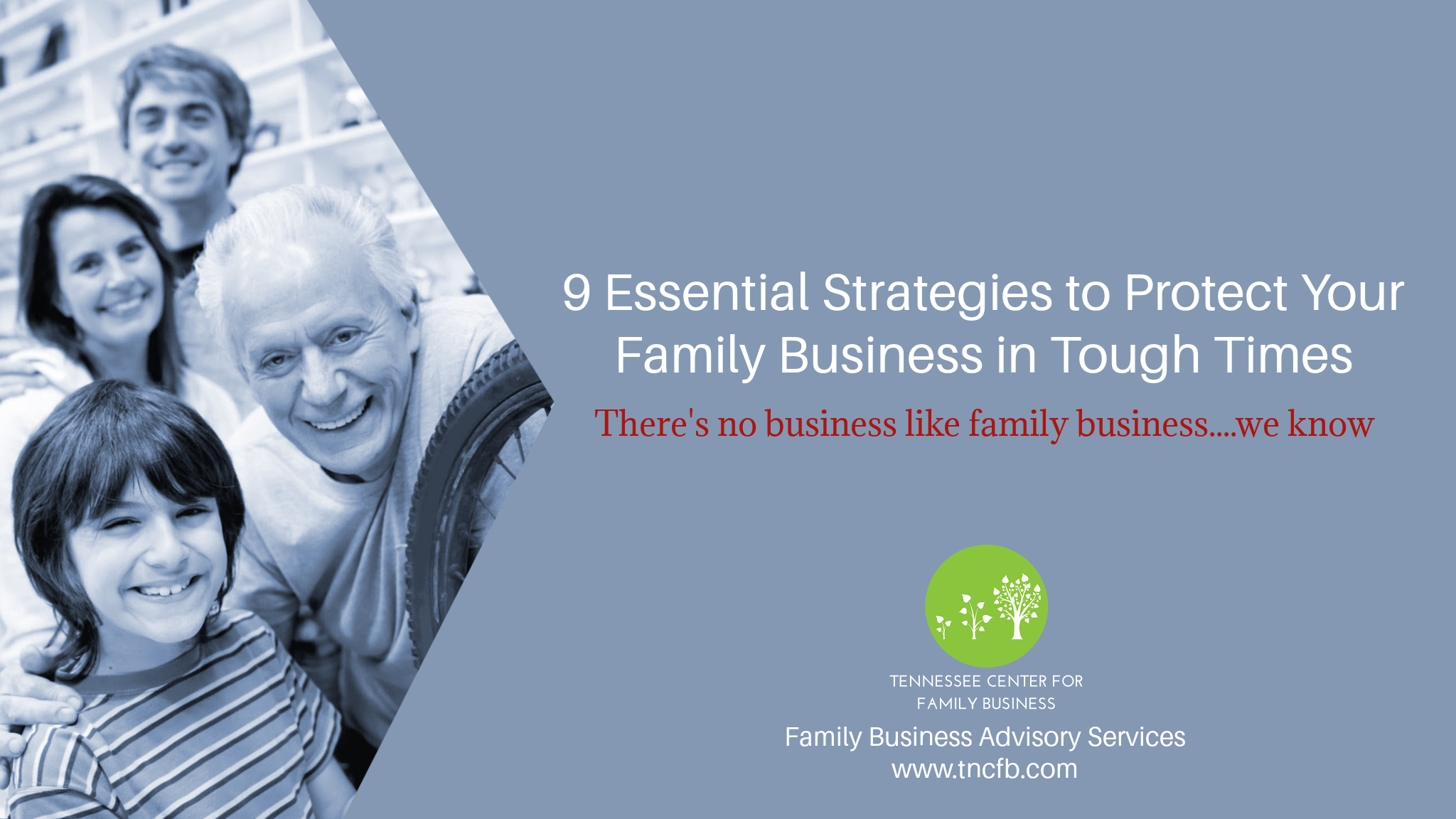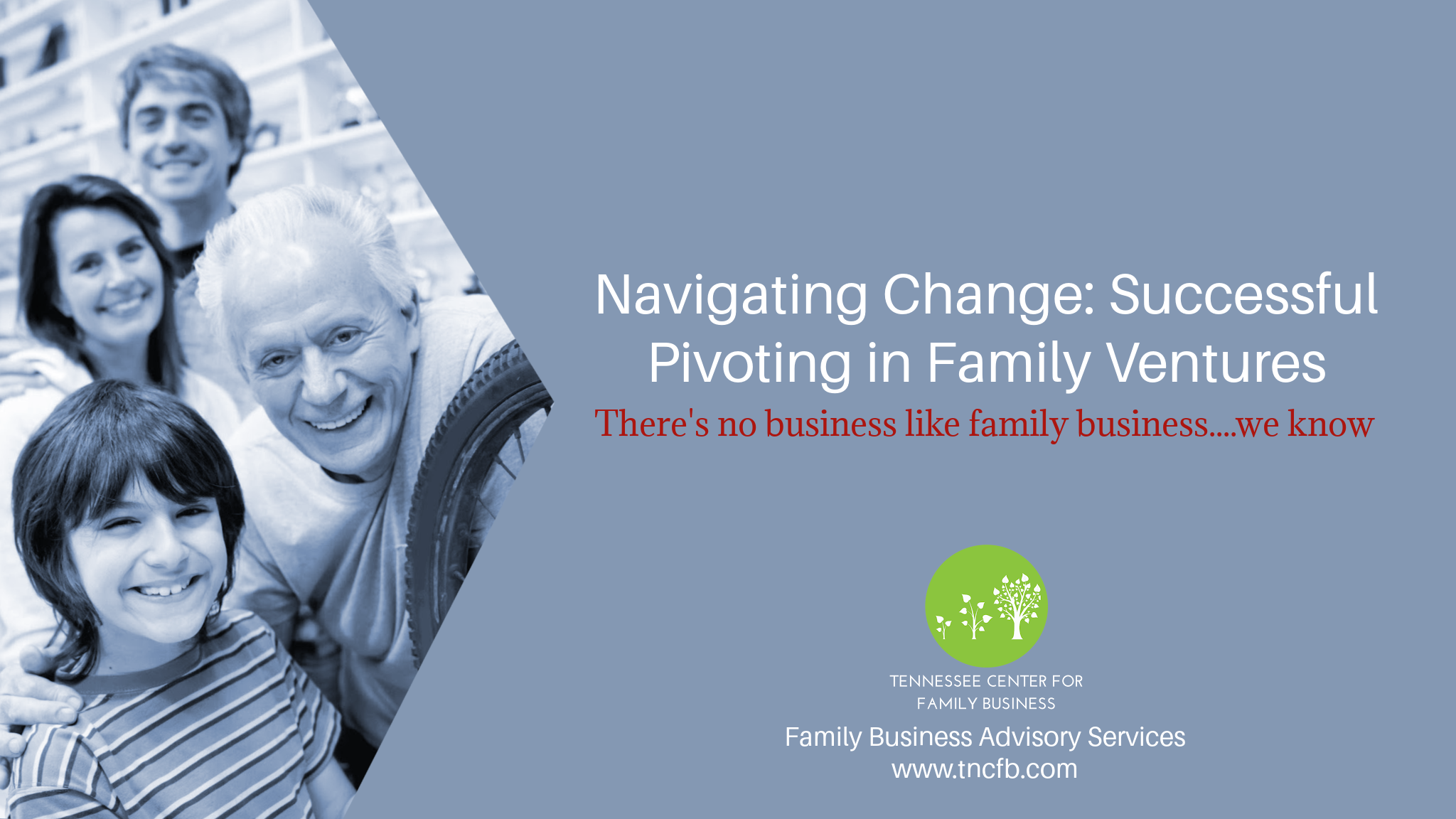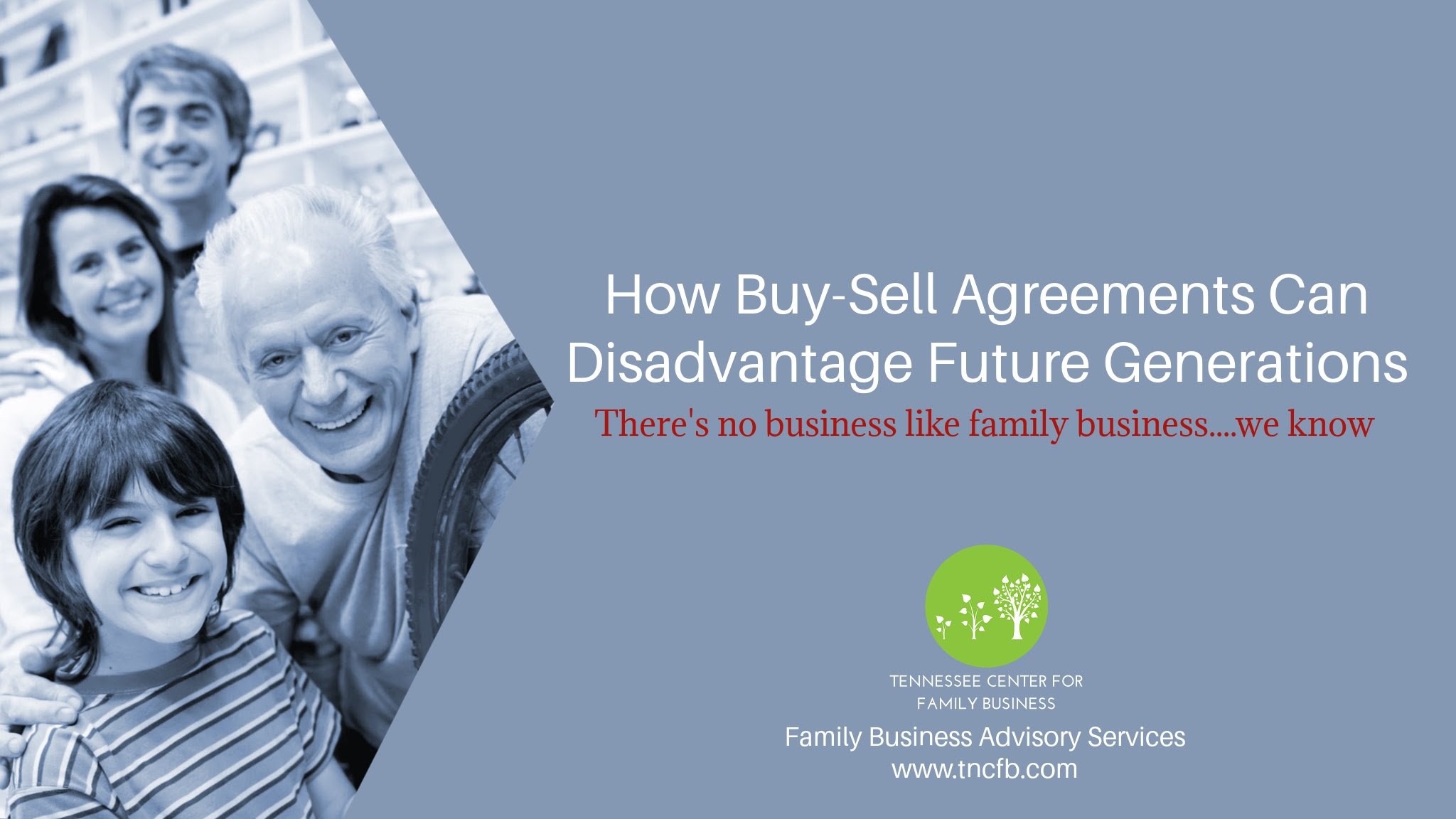F A M I L Y B U S I N E S S T O D A Y B L O G A R C H I V E
O U R B L O G P O S T S B Y C A T E G O R Y
What we know is that family businesses are strong. This strength comes from their multi-generational perspective and a history of success during adversity. As family business leaders you have weathered difficult times with composure, calmness, and clear-minded leadership. You will do it again during the current crisis. Here is a collection of lessons we have learned from you.
It’s a dreaded word that wreaks havoc among family-owned businesses. No one sets out to engage in it when building a business, yet it’s an inevitable part of every family-owned business.
That dreaded word is conflict.
I wish it were routine to ask a family business owner about their board of directors and get the kind of answer that leads to lasting success.
It would go something like, “Oh yes, we have a great board. We deliberately brought in people outside the family, and they gave us sound advice. We meet quarterly, we compensate them for their time, we arrange all their hospitality, and even some entertainment once business is concluded. They are vital to our success.”
In a family business, the idea of having a board of directors might seem like overkill, or an expense you can’t afford. Most companies don’t bother to get one until they pass $50 million in revenue–which can be a big mistake, with a heavy price tag.
To be fair, it doesn’t seem like the most important thing when you’re in startup mode…
Family business owners often get tangled up with being “fair,” especially when they make their children stockholders in the business. We get the question often: “Should we pay bonuses, or dividends?”
Unless you are good with the numbers and tax law you should turn to a CPA or tax attorney for help. That is a good place to start, because bookkeeping and staying current with the tax man is no laughing matter…
Without a solid, effective governance, family-owned businesses stand a high chance of falling victim to unique challenges that other, non-family owned organizations don't face on a day-to-day basis.
If you’ve been a part of a family business, even for a little while, you know that unexpected things happen. Plans get changed or derailed. Disagreements arise. Founding family members, being so used to running the business on their own and calling all the shots, get side tracked in pursuit of opportunities that no one else is aware of.
Harvard Law School’s Negotiation Program has some famous stories. I was surprised to come across their research into several business conflicts between the three surviving children of Dr. Martin Luther King, Jr.
In his most famous line from his most famous speech, Dr. King dreamed of a world where his children would be judged by the content of their character, instead of the color of their skin. I say “Amen” to that…
For those of you who know me and have heard my story, you know that I worked with my Dad in our family business for over 17 years before leaving the family business. The last 5 years of our working together were the most tumultuous as I had finally come to realize that Dad’s idea of someday this business will all be yours was like Prince Charles being the heir to the throne of England. He knew and I knew that Queen Elizabeth and my Dad was never going to give up the throne…
Family and business don’t mix together, or do they?
In today’s blog, we’ll focus on setting three simple boundaries in order to protect both the family as well as the business from interfering with each other’s purpose and objectives.
If you’ve ever attended a leadership seminar or a team development workshop, values were most likely discussed as key component of building an effective organization.
Most businesses spend hours or even days strategizing over values, posting them all over the office and laminating value cards for all the employees. But are values, in and of themselves, all they are cracked up to be?
Building and maintaining a family business takes hard work. There is often the expectation that the next generation will take the business to the next level.
As we all know, expectations and reality don't always coincide. I’m here to tell you that it’s OK!
Business, in its various forms, has been an essential part of societies since the beginning of mankind.
Today, over 50% of U.S. GDP is generated by family businesses. Some data suggests that it’s even as high as 64%.
Why Is taking care of #1 Important?
Let’s cover the obvious – once you let go of the reins of your business, it belongs to someone else. Even if that “someone else” is your own child, they are now free to make decisions with what is now their business that may directly conflict with your hopes or wishes.
One thing that’s bound to cause a stir in planning the future of your family businesses is what’s “fair” versus what’s “equal.”
It’s common for family business owners to want to distribute ownership to their children equally when they pass, just like any other asset. But unlike cars, houses or your financial portfolio, a business may mean far more to one child than another.
Family business owners face unique challenges…and they also tackle those that affect all businesses. Sometimes, they can kill two birds with one stone – especially when it comes to creating a transition plan.
When I discuss transition with clients, I always like to point out the obvious – 100 percent of us will transition, whether we want to or not. All of us get old, decline, get sick, or have some other issue in the twilight years of life. But it doesn’t have to be that severe. A change in the direction of your family business can leave you miles behind in the dust…
Succession planning is easier said than done. Among family-owned businesses succession planning conversations often happen too late, and lack necessary details and preparation in order to make it effective.
Blog Posts by Date
- December 2025 1
- November 2025 1
- October 2025 1
- September 2025 2
- August 2025 1
- July 2025 2
- June 2025 3
- May 2025 2
- April 2025 2
- March 2025 2
- February 2025 1
- January 2025 2
- January 2021 2
- December 2020 1
- November 2020 1
- October 2020 4
- September 2020 1
- April 2020 1
- March 2020 1
- January 2020 1
- December 2019 1
- November 2019 1
- October 2019 1
- September 2019 1
- July 2019 1
- June 2019 1
- May 2019 1
- January 2019 1
- November 2018 1
Don’t Want to Miss a Post? Subscribe to the Family Business Today Blog!





































With our 24-hour news cycle, it’s hard not to be on edge regarding the spread of the coronavirus. Worry over our financial situation, or the health of our family, friends and neighbors. It all leads to coronavirus anxiety. And it all takes
its toll.